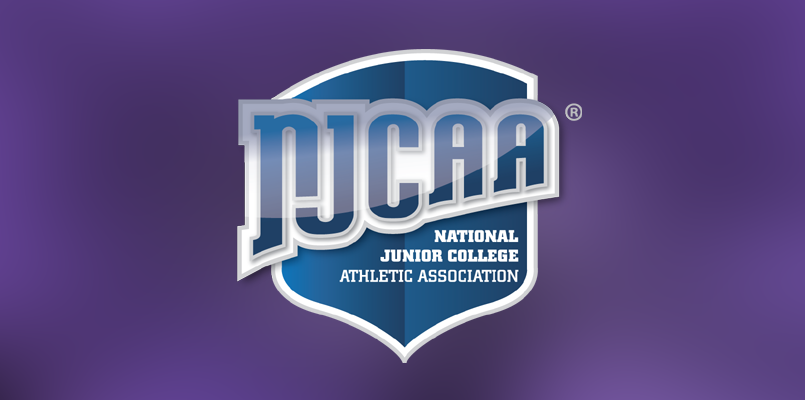Mentioned in this article
The governing body for junior colleges is working on an esports national championship, plus run-up events, for its two-year schools. The National Junior College Athletic Association (NJCAA), headquartered in Charlotte, North Carolina, has agreements with sports agency CSMG and Legacy Esports, an event management firm, to create national championship events.
Legacy will operate and schedule the championships, while CSMG’s Neil Malvone, executive vice president of business affairs and strategic partnerships, will head up the commercial side. From a media standpoint, that could be streaming rights or linear TV, he said, like a Twitch or Turner that already has exhibited interest in esports.
Sponsorship opportunities could range from title sponsorship of the national championship to jersey patches, venue signage, product placement and other NJCAA messaging.
A season-culminating tournament is expected to be held in April. Among the prizes at stake will include everything from scholarships to new gaming equipment, such as computers, chairs or other items that could enhance the winning school’s gaming program.
“As more schools participate, that will help us provide more prizes and more incentives,” said J.D. Healy, Legacy’s chief operating officer. “We’re not talking about the $20M prize from the Fortnite event a few weeks ago, but we do hope to increase the rewards over time.”
Esports events could begin as early this fall, said Chris Parker, president and CEO of the NJCAA. Teams will be seeded early in the spring semester and regional events would run through March, setting up the national championship tournament. Sites will be determined later.
The NJCAA will publish weekly polls in esports like it does for any other sport it sponsors.
While the NJCAA’s membership has grown to 520, fewer than 40 schools currently support esports programs. One of the goals this fall is to determine how many more two-year schools want to field teams now that there’s a structure in place, and how much work needs to be done to get competing schools on relatively equal playing fields.
“Is it a sport or is it not a sport? We’re not going to debate that,” Parker said. “We look at it truly through the lens of providing opportunities. … This is an enrollment opportunity that is a growing opportunity. If it’s successful and brings more recognition to those colleges, then we know we’ve had a positive impact.”
Michael Smith is a staff writer for Sports Business Journal, where this story first appeared.

